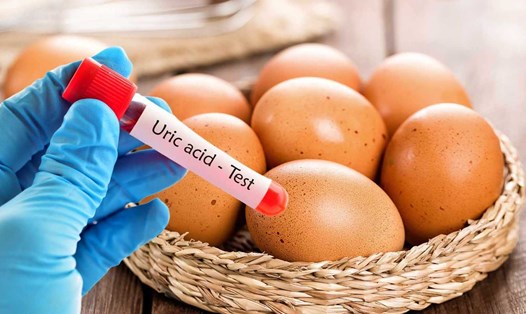When uric acid levels in the blood increase, it can lead to gout and other health problems. One of the common mistakes is the improper use of fruit juices, causing uric acid levels to increase.
Research from the World Health Organization (WHO) and the US National Institutes of Health (NIH) has shown that fruit juices high in fructose - a natural sugar - can significantly increase uric acid levels in the blood.
Fructose, when entering the body, stimulates the conversion of purines, increasing the production of uric acid. In particular, juices with high sugar content such as apple, pear and grape juice can cause uric acid levels to spike.
A study published in The American Journal of Clinical Nutrition (AJCN) in 2010 demonstrated a link between consuming juices high in fructose and the risk of gout.
Accordingly, people who consume more than 1 glass of fruit juice per day have a 41% higher risk of gout than those who consume less. This is convincing evidence that overusing juice can affect health in undesirable ways.
In addition, research from the Harvard T.H. Chan School of Public Health (USA) also warns that using fruit juice to completely replace fresh fruit is a mistake. Fresh fruit provides fiber to help slow down the absorption of sugar, while juice does not. This leads to a rapid increase in blood sugar levels and triggers the production of more uric acid.
Some fruit juices rich in vitamin C, such as orange juice, can help reduce uric acid, but should be consumed in moderation.
Overuse of any juice can increase the risks associated with uric acid without proper diet and lifestyle.











